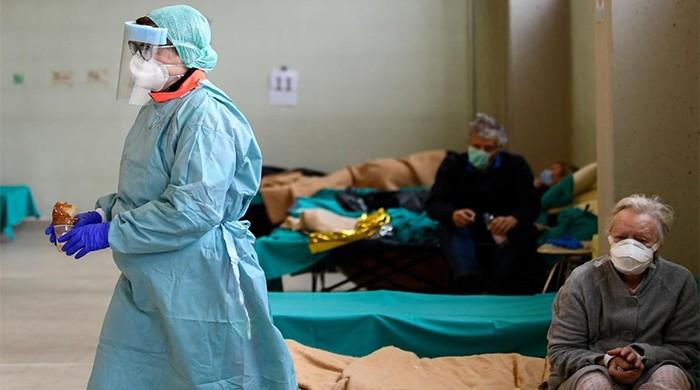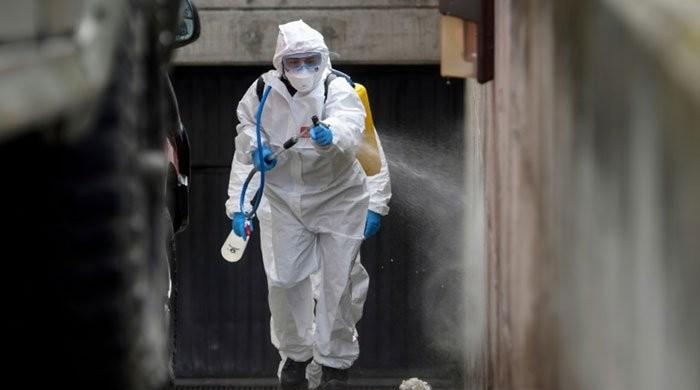Blue Whale Challenge: Unveiling teenage vulnerability
Growing popularity of game speaks volume about how teenagers can be manipulated to engage in self-harm
September 14, 2017
Teenage suicide is a growing concern across the world.
Recently, the Blue Whale challenge created worldwide panic due to the way it has been able to manipulate teenagers and instigate them to commit suicide.
Moreover, earlier in the year, the growing popularity of the television show and book, 13 Reasons Why had also opened up conversation pertaining to romanticism towards suicide especially among teenagers.
The growing popularity of the game speaks volume about how teenagers can be manipulated to engage in self-harm.
Speaking about the particular characteristics that attract children to games such as Blue Whale challenge, psychologist Vardah Bharuchi explained that “socially withdrawn children tend to engage in these activities more than others.”
It also a result of lack of information as children cannot differentiate between the right and wrong, she added.
Another psychologist, Adeeba Khursheed, explained that children might be attracted to such games as an emotional outlet due to inadequate learning of positive coping behaviours, such as self-control and self-regulation.
“In our society, people are not taught to confront the challenges posed by problems pragmatically; rather they are inclined to apply escape and avoid mechanism, seeking relaxation in diverting towards behaviours that could be addictive,” she added.
What is Blue Whale challenge?
The game made headlines and spread panic all across the globe after at least 16 teenagers in Russia committed suicide due to it.
The link to the challenge appears randomly to teenagers on social media sites and they are assigned different tasks for 50 days. The tasks range from watching horror movies at night to self-harm. The final task is suicide.
The challenge is named after a habit displayed by certain blue whales in which they beach themselves on purpose to commit suicide.
Russian media reported that one of the administrators of the challenge, Philipp Budeikin, pleaded guilty to inciting teenagers to suicide.
He claimed that his victims were mere “biological waste" and he was "cleansing society".
Role of parents
Bharuchi shared that one of the biggest issues between parents and children is the communication gap. “Children don’t feel comfortable discussing things about their everyday lives with their parents.”
She explained that parents don’t know the games their children are playing or if any abusive or foul language is being used in them.
One of the instructions of the Blue Whale challenge directs children or teenagers to not share it with anyone.
“Parents should spend time in developing a relationship with their children,” she remarked.
A recent study also showed that children need their parents to be emotionally present for them.
Moreover, she added that schools should have counsellors and teachers should also reach out to students.
Some of the symptoms which should be paid special attention to include “lethargy, not finishing work on time, getting irritable easily and having dark circles.”
Role of social media
The Wired, in an article, analysed the role played by social media sites in the promulgation of such games or apps. Social media sites have data which reveals how users are reacting to what you are searching for.
Searching for the challenge on Tumblr led to a message asking “everything okay?” Similarly, YouTube also showed two boxes on top displaying information for Crisis Text Line and National Suicide Prevention Lifeline.
However, no such options are offered to users in Pakistan.
Moreover, Facebook also recently launched a suicide prevention campaign to provide aid to students and help those in need.
While searching for the term blue whale challenge, a notification regarding “Suicide and self-harm: Resources” appears.
Also important to note is the way memes on the subject tend to trivialise the issue and increase the intrigue surrounding it.











